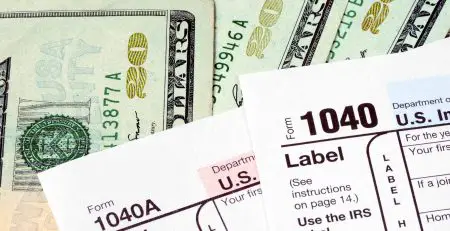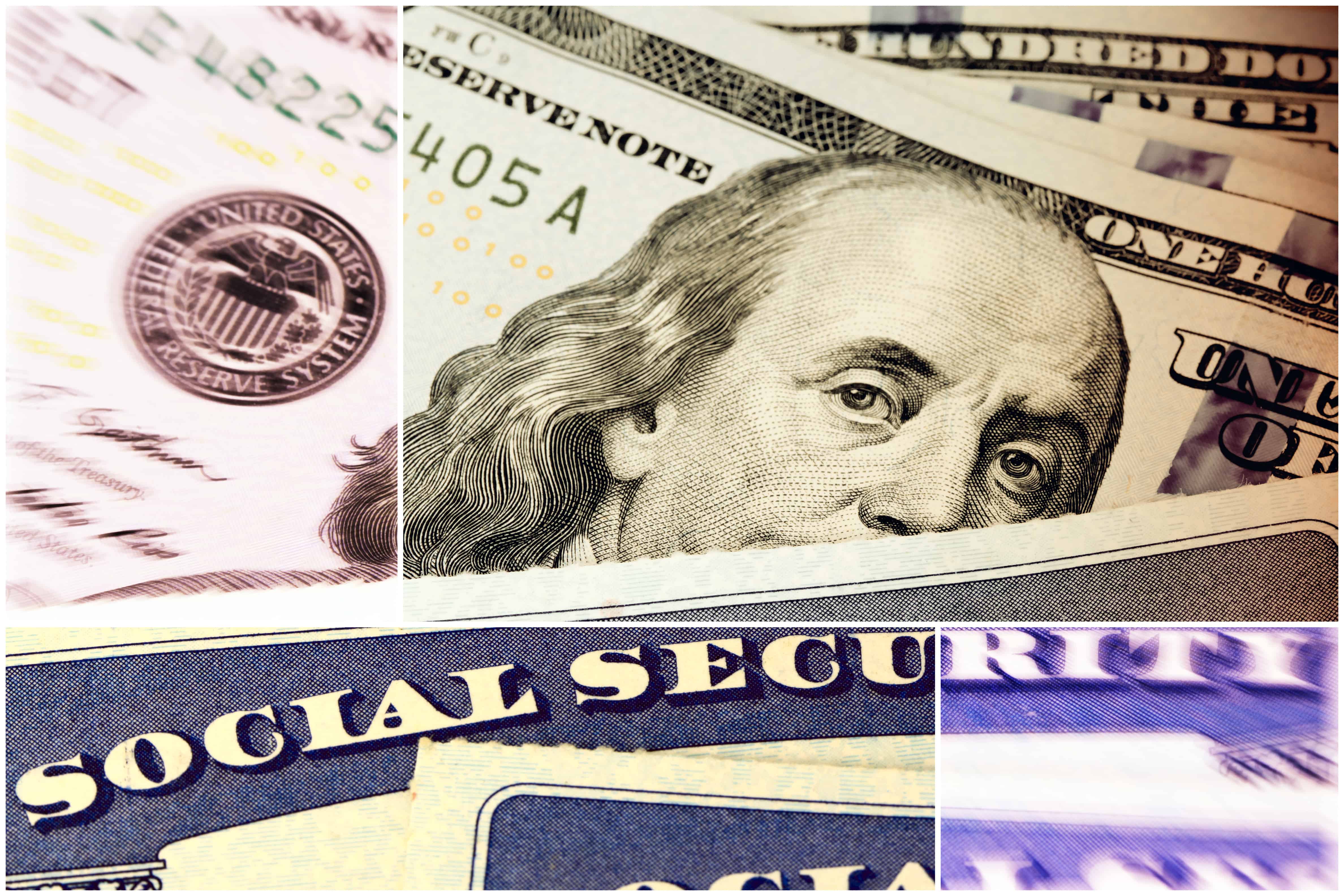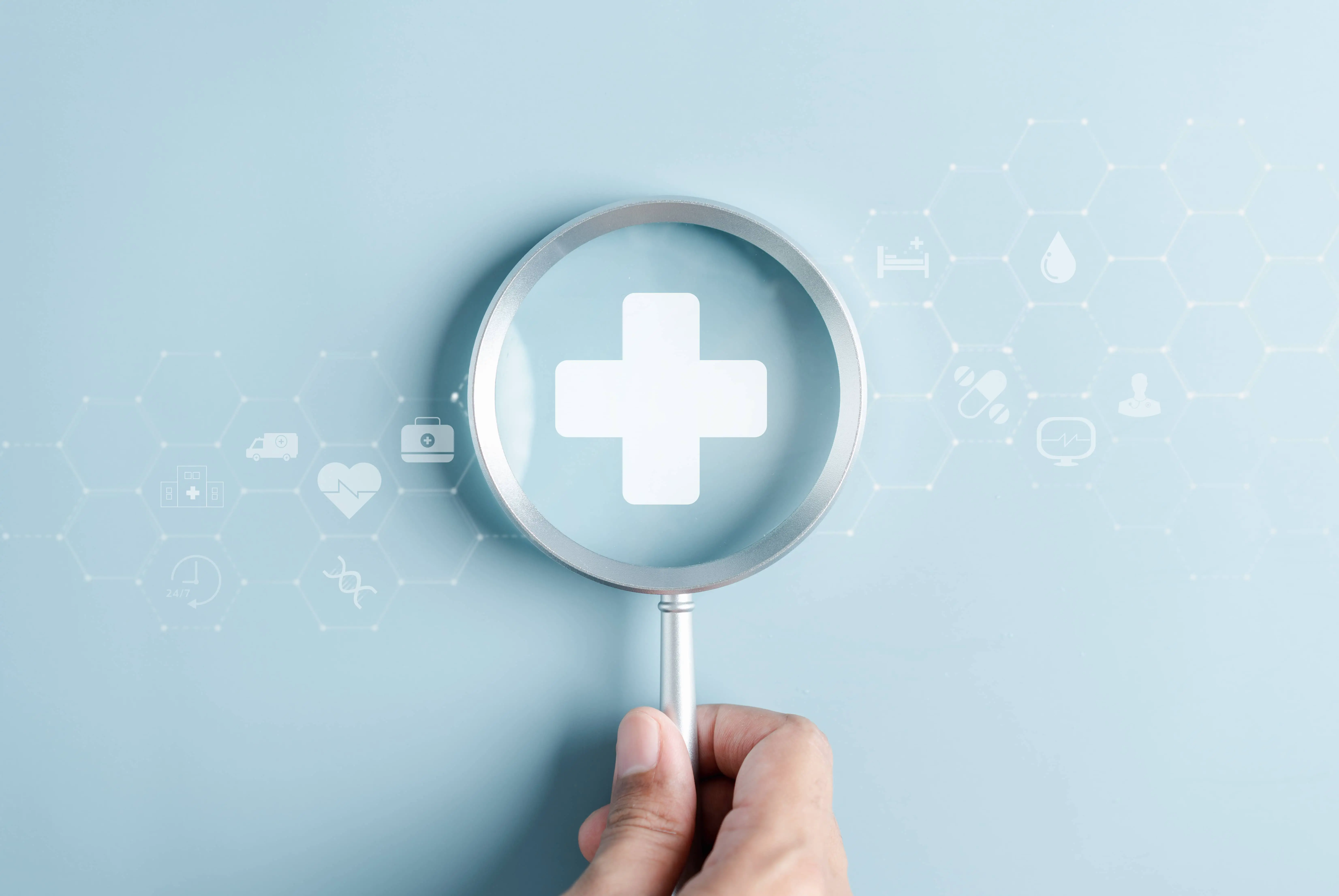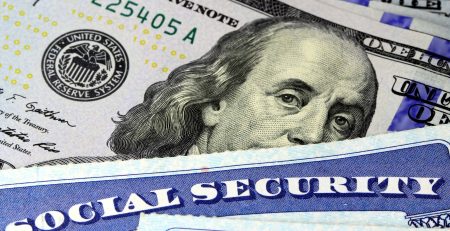The Federal Communications Commission is a key player in ensuring everyone in the United States, especially those needing extra support, stays connected. It offers a range of programs aimed at making life easier and more connected for people in various situations. From ensuring affordable internet access to enhancing rural healthcare and supporting educational technology, the FCC’s initiatives significantly impact many lives. Many people are surprised to see what programs are able to help improve their lives whether directly to their household or within their community.
What FCC Programs Can Help?
The FCC, short for the Federal Communications Commission, is an important agency that impacts the daily lives of many, particularly those who require assistance. Surprisingly, there are some who could benefit from what the FCC offers but don’t know about it. This agency is responsible for managing all communication-related matters in the U.S. and its territories. It also provides support through different kinds of assistance options like:
Understanding the Lifeline Program
The Lifeline Program is really important for helping Americans who are having a tough time financially. It makes it easier and cheaper for them to have phone services. Starting in 1985, this program has changed over the years to keep up with how people need to stay connected today.
Lifeline eases financial burdens with up to $9.25 monthly discounts on mobile or home phone services for eligible subscribers. This can be a great support for staying connected in today’s fast-paced world. In some areas, these benefits extend even further thanks to additional state support programs that bolster the federal discount.
To explore eligibility or apply for these benefits, interested individuals may visit Lifelinesupport.org. This website has resources available to guide users through the process of securing their communication necessities at reduced rates.
Boosting Healthcare in Rural Areas
The Rural Health Care Program (RHCP), started by the Federal Communications Commission, focuses on improving internet and phone services for health workers in rural America. These upgrades let medical staff use fast internet, which is essential for today’s online health care methods.
This program aims to bridge critical service gaps that have historically placed rural health facilities at a disadvantage. Reliable communication channels are not just luxuries but necessities for life-saving remote diagnostics and consultations. Through RHCP’s support, these institutions can now tap into resources.
Also, RHCP aims to do more than just provide internet connections; it focuses on improving healthcare quality. By strengthening networks and bridging the digital gap, healthcare workers get important tools. These tools help them stay updated with medical advances, no matter where they are. This is a big step in making sure all patients get good care, no matter their location.
Supporting Rural Connectivity through High-Cost Program
The FCC’s High-Cost Program helps lessen the internet gap in rural areas. It funds telecom companies to provide affordable phone and internet services, focusing on fast internet where it’s not profitable for the market alone. Telecom companies get support to cover the high costs of bringing modern services to remote or hard-to-reach places. This allows these communities to have similar internet access as cities, at lower prices that wouldn’t be possible without help. Rural residents can then use important online services for education, health, business, and more. This program is key in making sure everyone in the U.S., including remote areas, stays connected.
E-Rate Program’s Impact on Education
The E-Rate Program, an initiative by the Federal Communications Commission (FCC), is transforming the landscape of educational technology. It does so by significantly lowering the costs for communication services to schools and libraries.
This means that by making telecommunication services cheaper and easier to get, schools and learning places can use the internet and other digital tools more. It’s not just about saving money; it’s about changing the way we teach and learn in today’s world. This kind of help lets teachers use resources that used to be too expensive, opening up new ways to educate.
Bottom Line
The Federal Communications Commission is key in connecting the U.S. Its programs like Lifeline, Rural Health Care, High-Cost, and E-Rate are life-changing. They help with affordable internet, phone services, and better healthcare and education. These efforts bridge the digital divide, enhance life quality, and support communities. Knowing about these programs can greatly benefit individuals and families across the country. You may be surprised at the ways you can benefit from these available opportunities!











